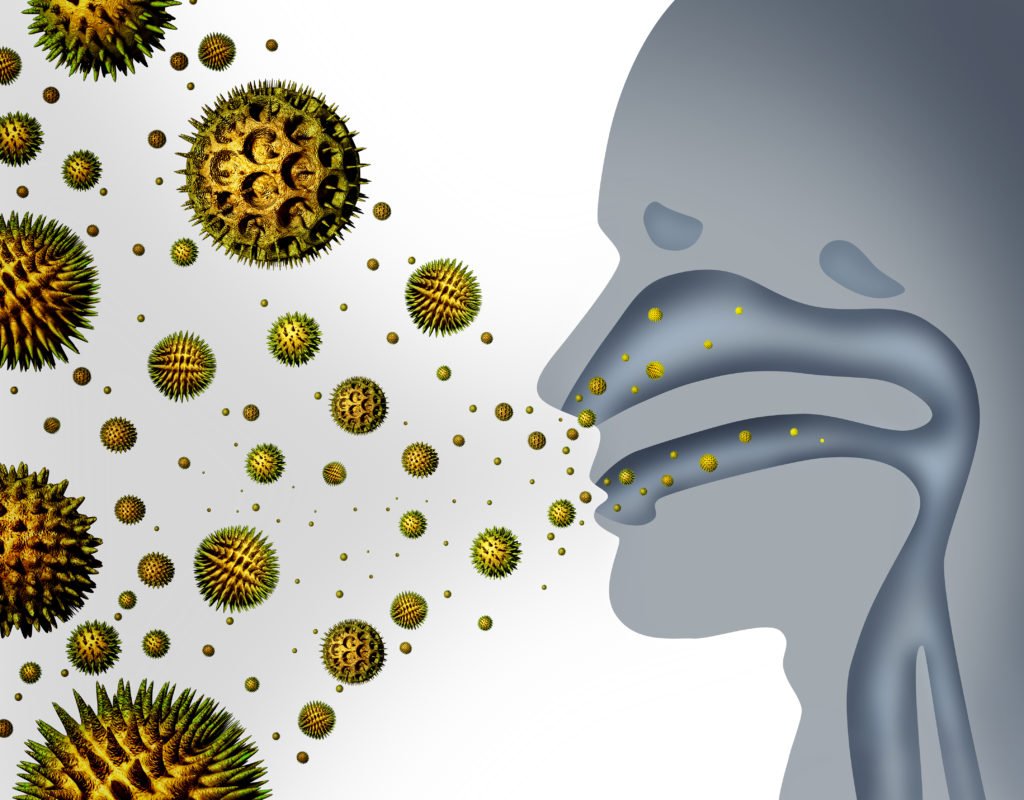
Why is it so difficult to Quit Smoking?
Nicotine is one of the most addictive substances known to mankind. Almost 70% of youth will try smoking at some point and amongst these almost 1/4th will become dependent on tobacco. Nicotine causes physical and psychological dependence. Only 3% of smokers are successful in quitting smoking every year, even though almost 4/5th of smokers want to quit.
5 benefits when you Quit Smoking:
1. Cardio-vascular health:
- Heart rate and blood pressure start returning to normal after 20 minute of your last cigarette.
- Carbon monoxide is a poisonous gas found in tobacco smoke, its level increases in blood after a smoke and starts reducing only after 12 hours.
- After 1 year of quitting smoking, your risk of a heart attack is 50% of an active smoker.
- Risk of heart attack becomes equal to that of a non-smoker after 15 years of quitting smoking
- Risk of stroke follows a similar reduction, it is equal to that of a non smoker after 10-15 years.
2. Lung health & risk of cancer:
- It takes 2-12 weeks after you quit smoking for lung health to start improving.
- In 1 to 9 months time, cough stops and shortness of breath reduces.
- Risk of Lung Cancer, reduces to 50% of a smoker by 10 years of taking your last smoke.
- Other cancers like mouth, throat(larynx & pharynx), food pipe(oesophagus), urinary bladder, cervical cancer and pancreatic cancer also reduce as tobacco free time increases.
3. Sexual and reproductive health:
- Reduces the chances of erectile dysfunction and impotence.
- Improves fertility, reduces miscarriages and abortions.
- Reduces the chances of preterm birth.
- Lessens the chances of birth defects in the foetus
- Improves birth weight of the babies.
4. Children’s health who have been passive smokers:
- Smoke exposure results in chronic injury to the pseudo ciliated epithelium of the upper respiratory tract.
- This results in frequent upper respiratory tract infections such as sinusitis and infection of the middle ear.
- Fewer episodes of asthma exacerbation.
- Benefits of smoking cessation who have been exposed to passive smoke include better respiratory health, improved appetite and growth.
- Improved performance in school.
5. Effects on longevity
- If you quit smoking at 30 years of age, you add almost 10 years to life
- At 40, an increment of ~ 9 years
- When you quit at 50, a gain of ~ 6 years to life expectancy
- At 60 years of age, near about 3 years more
- If you quit smoking after your first heart attack, the chances of a second one goes down by almost 50%.
If you are a smoker and want to quit smoking consult a specialist for the same. It is a difficult journey made easier when you have help.


